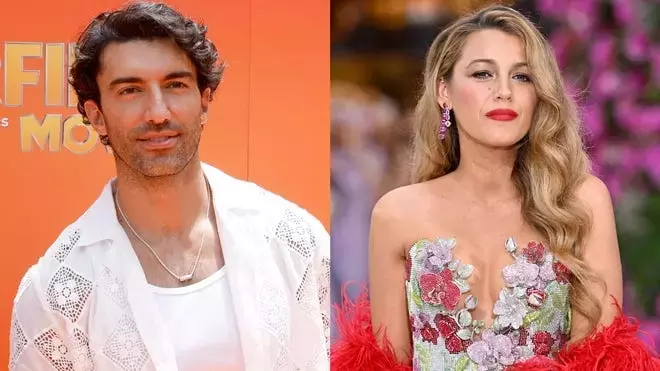Legal Battle and Public Opinion Clash in "It Ends With Us" Controversy

In a significant legal and public relations showdown, Blake Lively and Justin Baldoni have taken their dispute over alleged on-set misconduct to both the courtroom and the court of public opinion. Following a primetime interview with Chris Cuomo on NewsNation, where Baldoni's lawyer Bryan Freedman discussed the lawsuit against The New York Times, Lively's legal team released a statement criticizing Baldoni's tactics as an attempt to distract from her allegations of sexual harassment and retaliation. The controversy centers around claims of inappropriate behavior and retaliation by Baldoni and Wayfarer Studios, with both sides using media platforms to present their narratives.
Details Unfold: Accusations and Counteraccusations
In the heart of this controversy lies a series of serious allegations made by Lively regarding the production of "It Ends With Us." According to Lively's legal complaint, filed in New York federal court on New Year's Eve, she experienced invasive and unprofessional behavior from Baldoni and film producer Jamey Heath, CEO of Wayfarer Studios. Lively also accused Baldoni and his team of orchestrating a social manipulation campaign to create a negative image of her in the media. In response, Baldoni's lawyer, Bryan Freedman, appeared on NewsNation, promising to reveal "receipts" that would provide context to the communications allegedly misrepresented by The New York Times.
The Times published an article titled “We Can Bury Anyone: Inside a Hollywood Smear Machine” on December 21, which detailed text conversations from Baldoni’s camp. Freedman argued that these texts were cherry-picked and lacked necessary context. He emphasized that the lawsuit against The Times would expose the full truth, suggesting that Lively’s allegations were baseless. Meanwhile, Lively’s legal team urged the public to recognize the seriousness of sexual harassment and warned against victim-blaming tactics often used to deflect from such allegations.
Adding to the complexity, Steve Sarowitz, a co-founder of Wayfarer Studios, broke his silence, claiming that he and his colleagues are the true victims of harassment and a smear campaign. Sarowitz's attorney stated that he had minimal involvement in the film's production, contradicting Lively's claim that he was present during a sensitive birthing scene. Wayfarer Studios has also hinted at filing a second lawsuit against Lively and her team, further escalating the legal battle.
From a journalist's perspective, this case highlights the challenges of navigating complex legal disputes in the age of social media and public opinion. It underscores the importance of responsible journalism in reporting on sensitive issues like workplace misconduct. As the legal process unfolds, it is crucial for the public to remain informed and avoid jumping to conclusions based on incomplete information. This case serves as a reminder of the need for transparency and fairness in addressing allegations of harassment and retaliation, ensuring that justice prevails in both the courtroom and the court of public opinion.